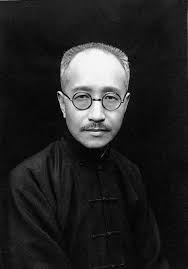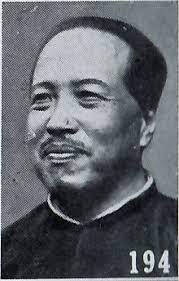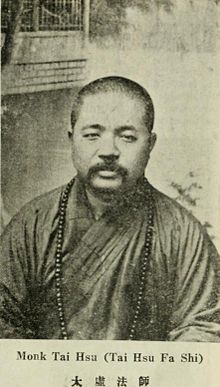Chang Mo-chun (4 October 1883-30 January 1965), feminist, educator, and poet, was the first principal of the Shen-chou Girls School, principal of the Kiangsu First Girls Normal School, and was a member of the Central Supervisory Committee of the Kuomintang and of the Legislative and Executive yuans in China and in Taiwan. Born into a […]










